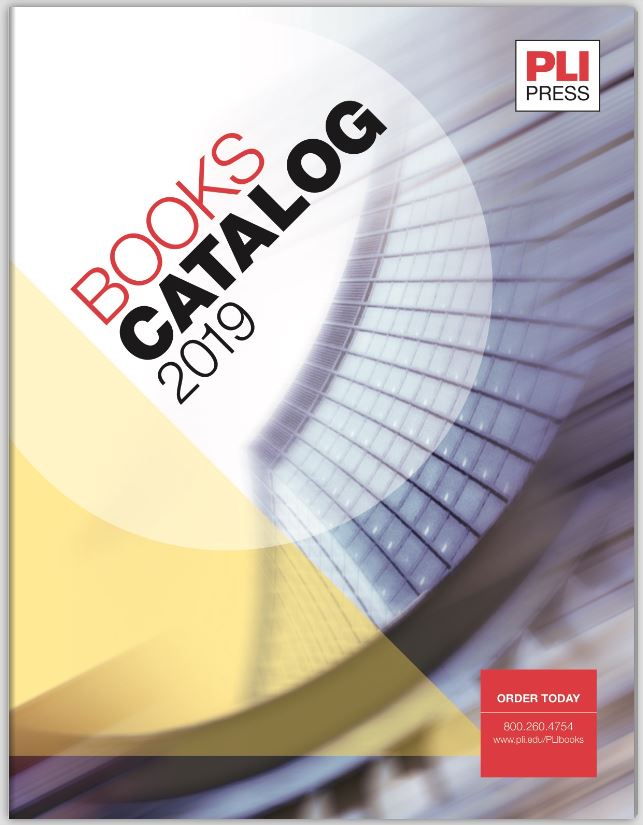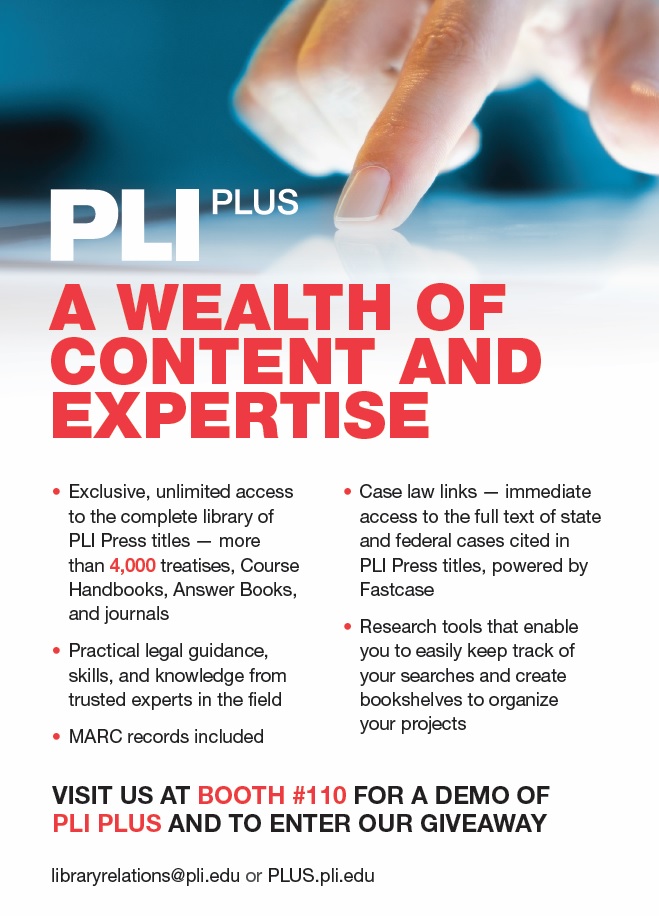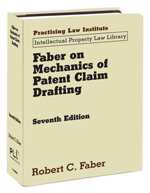
Trade Secrets: A Practitioner’s Guide is an indispensable resource that discusses all aspects of protecting trade secrets. It covers what a trade secret is, how it should be protected, and what to do when its secrecy is compromised. Trade Secrets examines in detail what trade secret misappropriation is, how can you prove it in court, how you can protect trade secret information during the course of litigation, and how you can gain appropriate legal and monetary remedies for clients for proven violations. It compares and contrasts trade secret protection with other forms of intellectual property such as copyright, patents, and trademarks.
This release updates and expands the text with new discussions of the law of trade secrets and related topics, including the following:
- State statutory preemption of common law: The Fifth Circuit, reversing the district court in material part, held that the Louisiana Uniform Trade Secrets Act does not preempt civil law claims for conversion of information that does not constitute trade secrets (Brand Services, L.L.C. v. IREX Corp.). See § 1:5.5, at note 60.1.
- Patent versus trade secret: In SAP America, Inc. v. Investpic, LLC, the Federal Circuit held that allegedly novel ideas for applying statistical techniques to financial information were unpatentable abstract ideas. If they were protectable at all, they were protectable as trade secrets. See §2:3.4, at note 87.40.
- Secrecy: In CPI Card Group, Inc. v. Dwyer, the federal district court in Minnesota found that plaintiff CPI did not assure secrecy in emails that included alleged trade secrets. Although it could point to general measures it took to protect confidential information, “CPI has not shown a likelihood of proving that it took reasonable measures to protect the secrecy of the contents of this particular presentation.” See §4:13.1, at note 107.1.
- Jury instructions: On December 6, 2018, the Florida Supreme Court approved changes in standard form jury instructions for trade secrets misappropriation cases; the new instructions are reproduced in chapter 12. See § 12:11.2, at note 127.1.
- Remedies—disgorgement: In Texas Advanced Optoelectronic Solutions, Inc. v. Renesas Electronics America, Inc., the Federal Circuit held that a trade secret owner did not have the right to have a jury decide its claim for disgorgement of profits as a remedy for misappropriation. See § 13:3.5, at note 324.14.
This treatise is available on PLI PLUS. If you would like to order a print copy, please contact libraryrelations@pli.edu.




